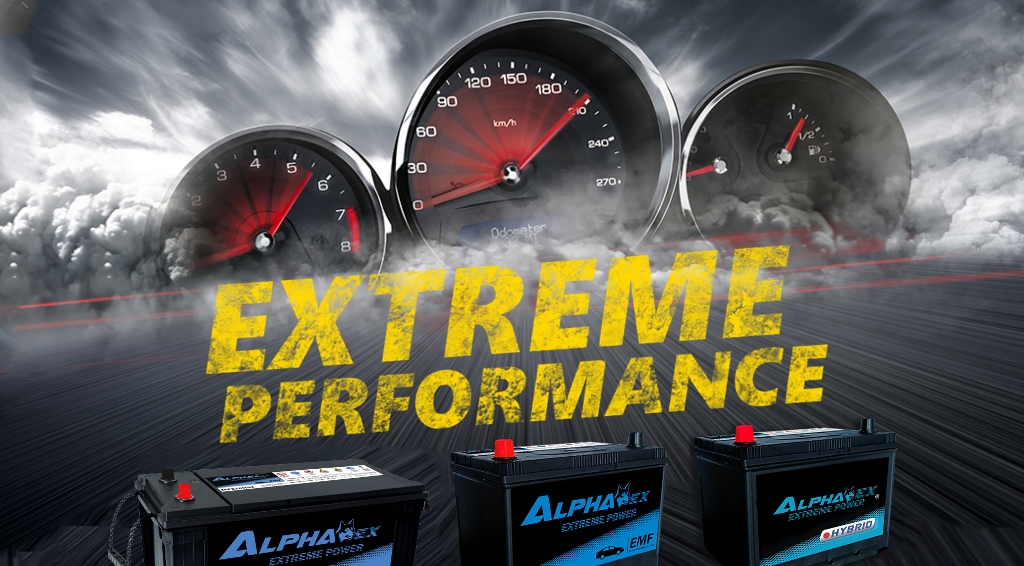In the world of performance cars, speed, agility, and power are the name of the game. While advancements in engines and aerodynamics have dominated the headlines for decades, recent years have witnessed a revolution in an often overlooked yet crucial aspect of automotive technology -advancements in performance car batteries. These innovative energy storage solutions are changing the game for sports cars, elevating their performance, efficiency, and sustainability to new heights. In this blog post, we will explore the cutting-edge developments in performance car batteries that are reshaping the automotive landscape.
Lithium-Ion Battery Technology:
Lithium-ion batteries have become the gold standard for electric vehicles, and their impact on performance cars cannot be understated. The latest lithium-ion batteries offer higher energy densities, enabling them to store more power while maintaining a compact and lightweight form factor. As a result, performance cars can benefit from extended ranges and improved acceleration without compromising on agility.
Moreover, advancements in lithium-ion battery chemistry have significantly reduced charging times. Fast-charging capabilities mean that performance car owners spend less time waiting and more time enjoying the exhilarating driving experience these cars offer.
Solid-State Batteries:
One of the most promising breakthroughs in car battery technology is the advent of solid-state batteries. Unlike traditional lithium-ion batteries that use liquid electrolytes, solid-state batteries employ solid electrolytes. This not only enhances their energy density but also improves safety and lifespan.
For performance cars, solid-state batteries offer several key advantages. They can discharge and recharge power at a much higher rate, providing incredible bursts of energy needed for quick acceleration and high-speed maneuvers. Additionally, their stability at extreme temperatures makes them well-suited for the demanding conditions performance cars often face on the track.
Graphene-Based Batteries:
Graphene, an ultra-thin and highly conductive material, has been a buzzword in battery research for years. Its integration into performance car batteries has the potential to revolutionize the automotive industry. Graphene-enhanced batteries boast faster charging rates, lighter weight, and improved overall efficiency.
Performance car batteries utilizing graphene technology can handle rapid acceleration and deceleration with ease, making them ideal for aggressive driving styles. Furthermore, their exceptional thermal conductivity helps dissipate heat efficiently, reducing the risk of overheating during intense driving sessions.
Wireless Charging:
While wireless charging has already gained popularity in consumer electronics, its potential impact on performance cars is equally exciting. Wireless charging technology eliminates the need for physical connectors, streamlining the charging process and reducing wear and tear on battery components.
Imagine a performance car that can charge itself while parked, without the hassle of plugging it in. This technology not only adds convenience for owners but also contributes to a cleaner environment by encouraging the use of renewable energy sources in wireless charging stations.
Conclusion:
As technology continues to evolve at an exponential rate, advancements in performance car batteries are at the forefront of innovation. The latest advancements in lithium-ion, solid-state, graphene-based batteries, and wireless charging are transforming the driving experience, enabling performance cars to achieve unparalleled levels of speed, efficiency, and sustainability. With these cutting-edge technologies, the future of performance cars is brighter than ever, promising a thrilling and eco-friendly driving experience for car enthusiasts worldwide.

